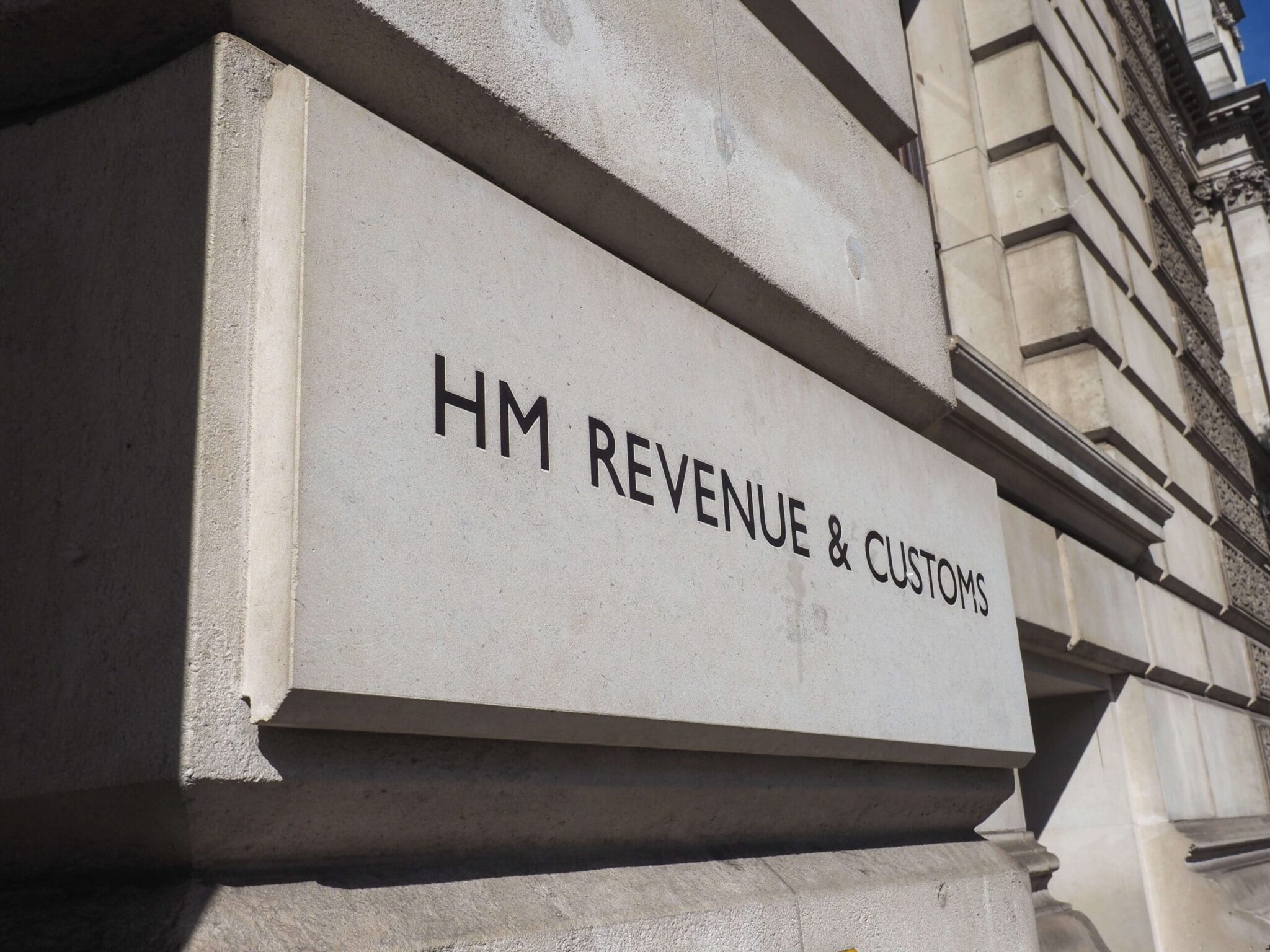11 November 2025


Home > A Closer Look at HMRC’s New R&D Advisory Panel
11 November 2025
4 min read
HMRC has established a new Research and Development Expert Advisory Panel, bringing together six industry specialists to strengthen how R&D tax relief is reviewed and guided. Learn what this means for advisers and innovative businesses, and why it signals a continued move toward greater accuracy, transparency, and compliance in R&D claims.
It’s been a busy few months in the world of R&D tax relief, with another change quietly announced that could shape how claims are reviewed in the future.
First announced in the Spring Budget 2024, HMRC has now set up a new Research and Development Expert Advisory Panel, bringing together six independent specialists from four key sectors: advanced manufacturing, technological development (including AI), life sciences and broader tech/innovation.
Each member brings senior-level, real-world experience rather than purely academic or advisory backgrounds, which means HMRC gets insight into actual innovation processes, not just theoretical models. Their remit is advisory: they will not decide individual claims or set policy, but will help HMRC refine guidance, communication, horizon-scan upcoming sectors, and provide sector-specific feedback.
According to HMRC’s announcement, the panel will meet regularly to discuss complex or emerging issues in R&D tax relief and advise on how best to refine policy and published guidance. It’s another small but significant step in HMRC’s broader effort to make R&D administration more consistent and transparent (source: GOV.UK).
While the news didn’t make major headlines back in 2024, they’re definitely worth paying attention to. The panel’s creation fits with a pattern we’ve seen over the past year: a move toward tighter oversight and more technical rigour in how claims are handled. The merged R&D Expenditure Credit scheme, the Additional Information Form, and now this panel all point to the same goal: improving accuracy, reducing errors, and ensuring genuine innovation gets the recognition it deserves.
If you work with clients on R&D tax relief, this development is a reminder that technical detail and documentation now matter more than ever. Future policy updates could draw directly on the panel’s advice, which means definitions of qualifying activity and evidence expectations may continue to evolve.
Encouraging clients to keep clear, real-time records of their projects and to link R&D activity to genuine technological advances is essential. Advisers who can help clients stay ahead of these changes will be the ones building lasting trust.
For companies that carry out R&D, this should be seen as a positive move. By bringing industry specialists into the conversation, HMRC is acknowledging that innovation doesn’t always fit neatly into standard tax definitions. A more informed, technically grounded approach should lead to fairer and more consistent reviews.
That said, higher standards also mean more scrutiny. Businesses that document their projects well and take professional advice early will find the process far smoother when it comes time to make a claim.
At ABGi, we see this as another step in the right direction. Clarity helps everyone: businesses, advisers, and the wider innovation community. The introduction of this panel suggests HMRC wants to keep refining its understanding of what “real R&D” looks like, and that can only help strengthen confidence in the scheme over time.
If you’re advising clients or managing your own R&D activities, now’s a good time to review how claims are prepared, check your documentation processes, and make sure you’re ready for a more technically detailed review environment.
Please contact the ABGi Team to find out more about how we support both businesses and advisers in building compliant, evidence-based R&D claims.